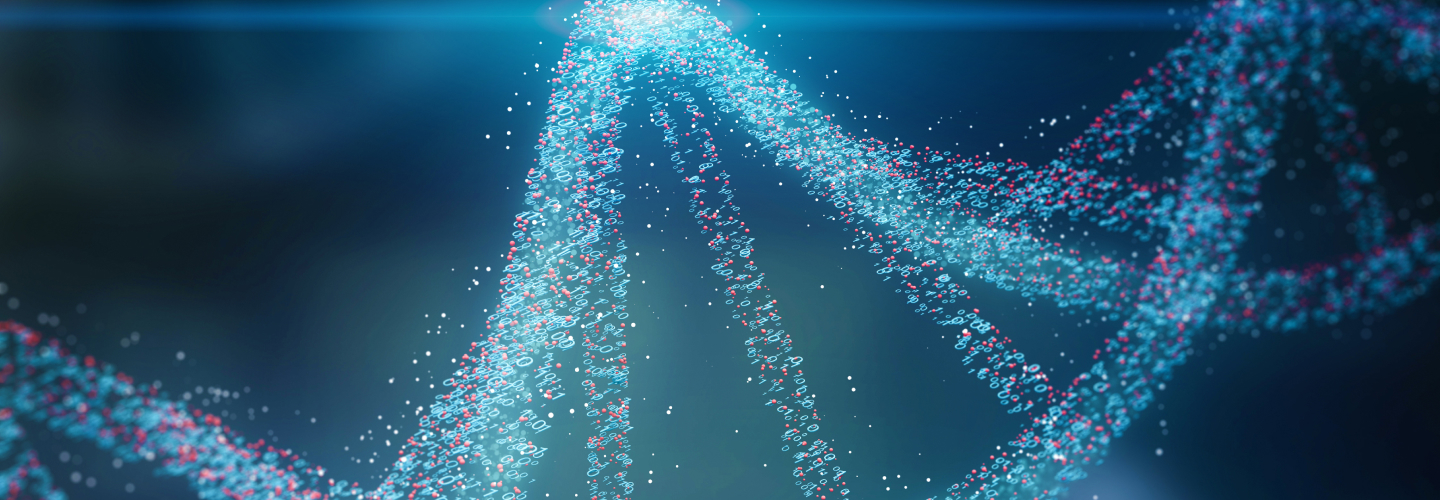PORTLAND, Maine — Patrick Breeding and his partner developed a cream to fight dry skin from lobster waste out of necessity.
He and girlfriend Amber Boutiette were bioengineering graduate students at the University of Maine studying ways to use lobster byproducts, the parts that are tossed away. At the same time Boutiette was unable to find a product that relieved her eczema, a condition that makes skin red and itchy.
The duo discovered a protein in a lobster circulatory fluid that helps the crustacean heal wounds, developed the cream and last November formed Marin Skincare to sell it. The initial batch of the cream sold out in two months, Breeding said. Read more

